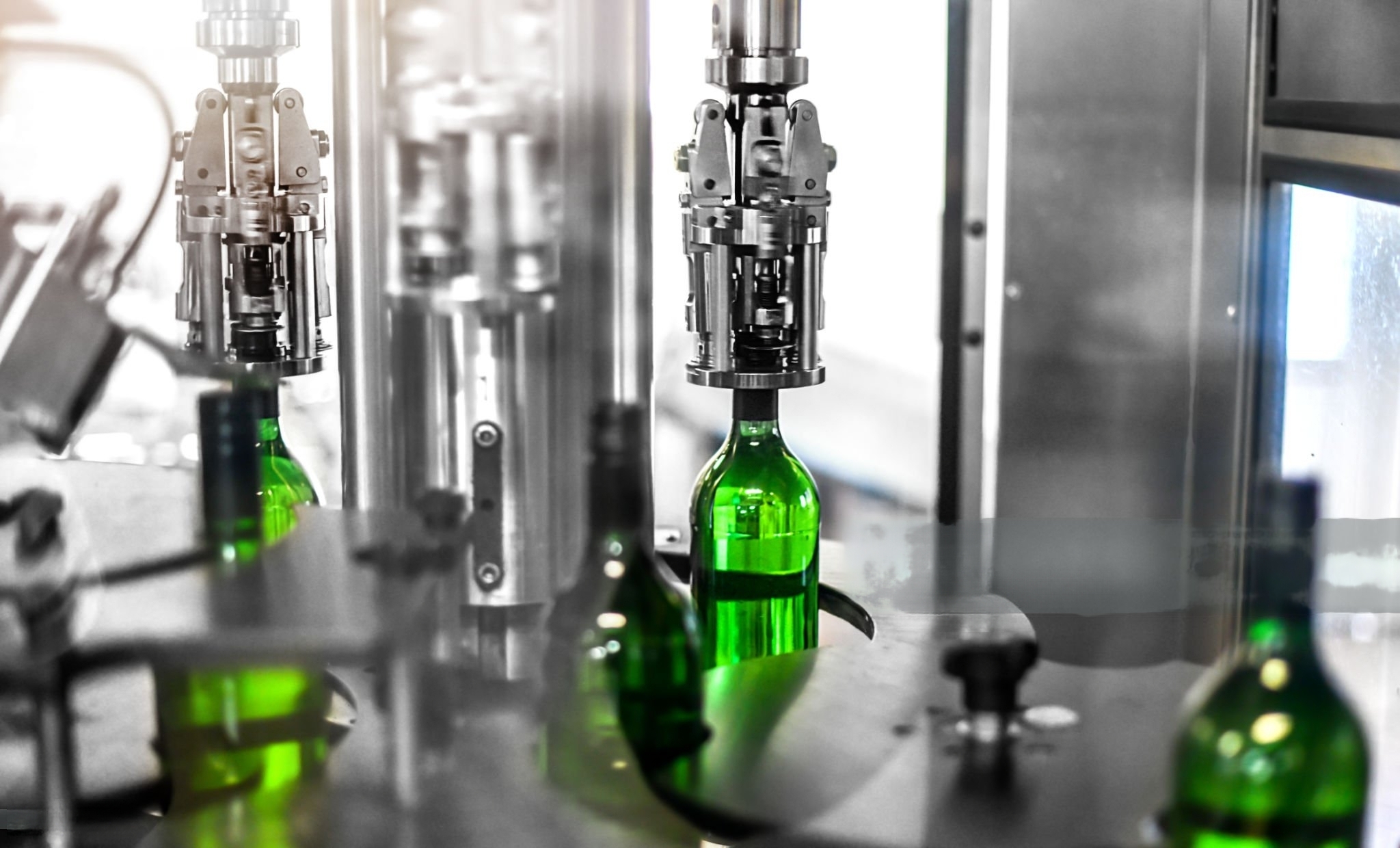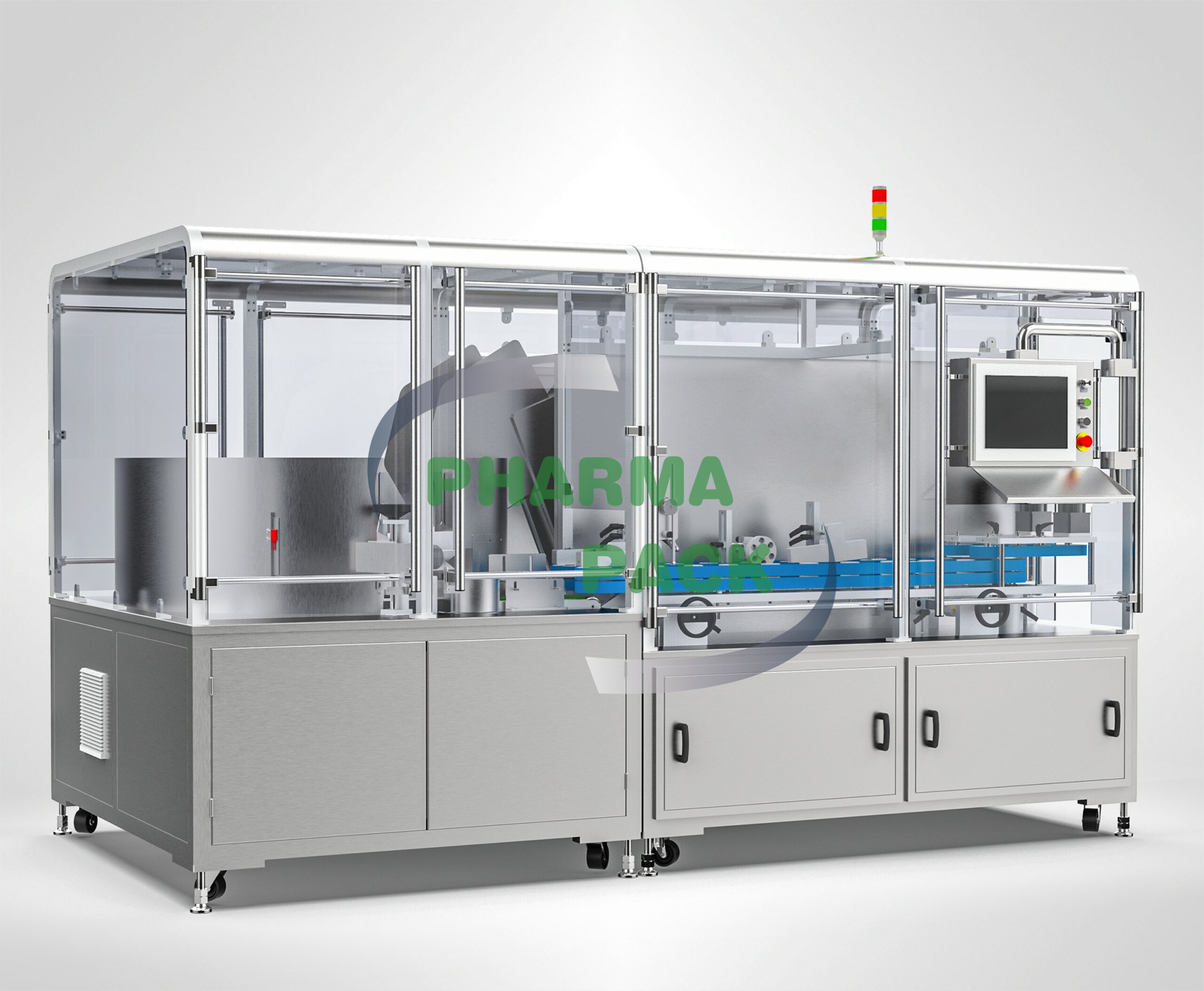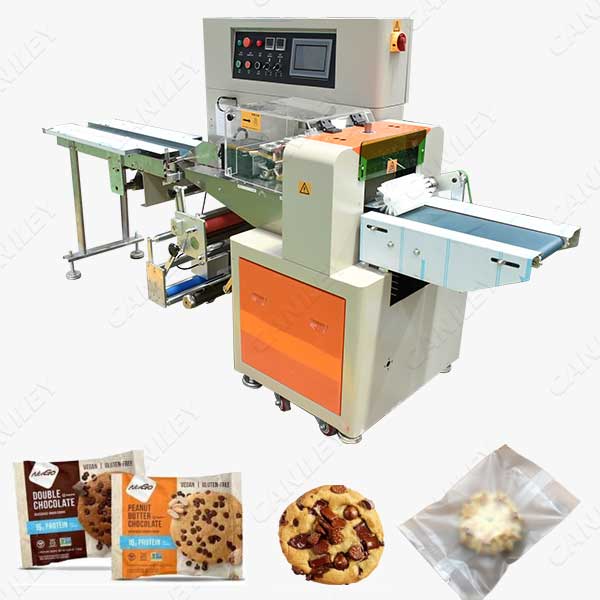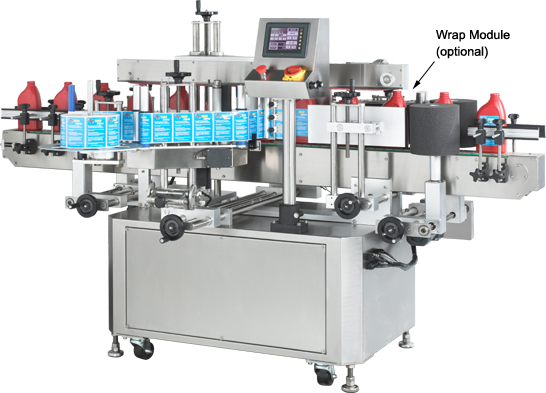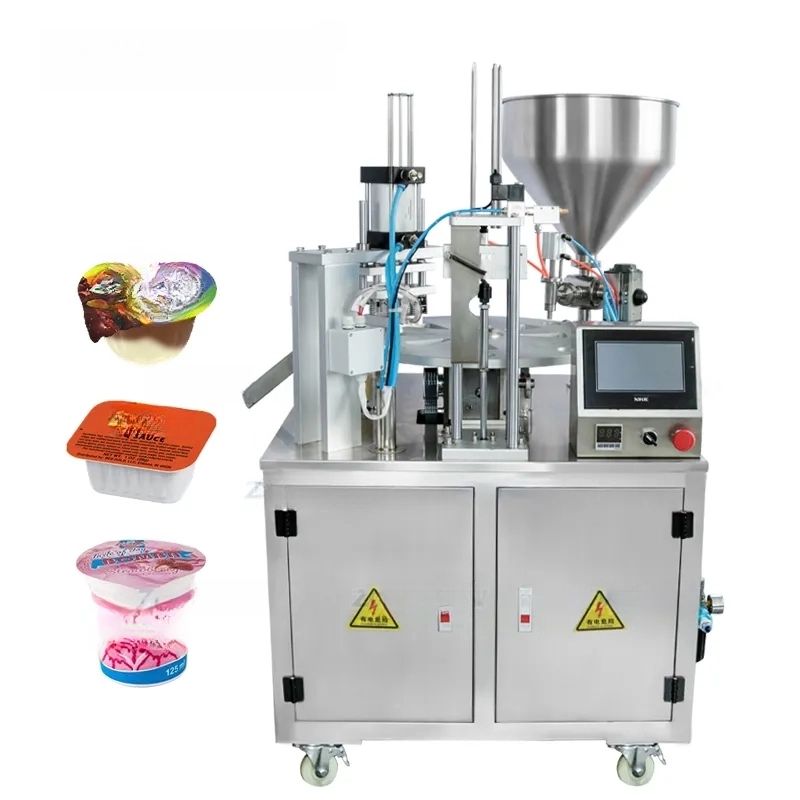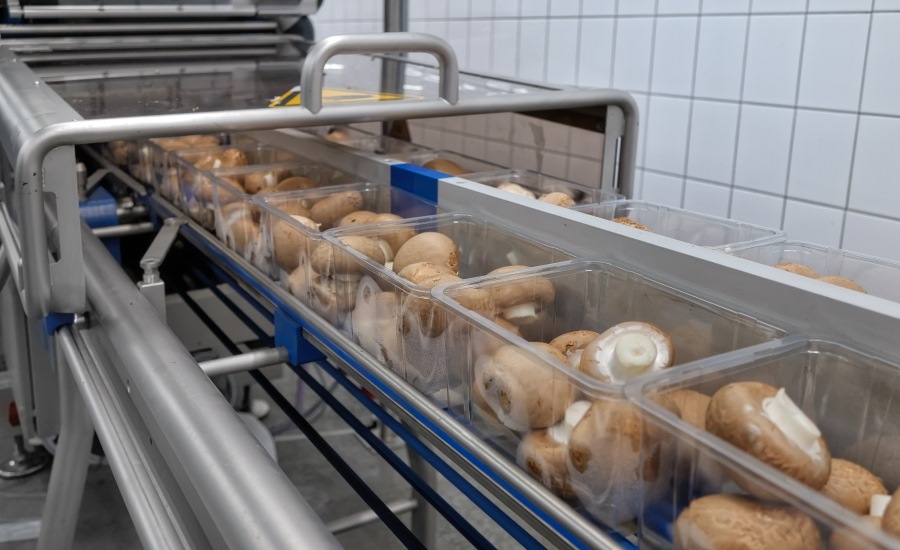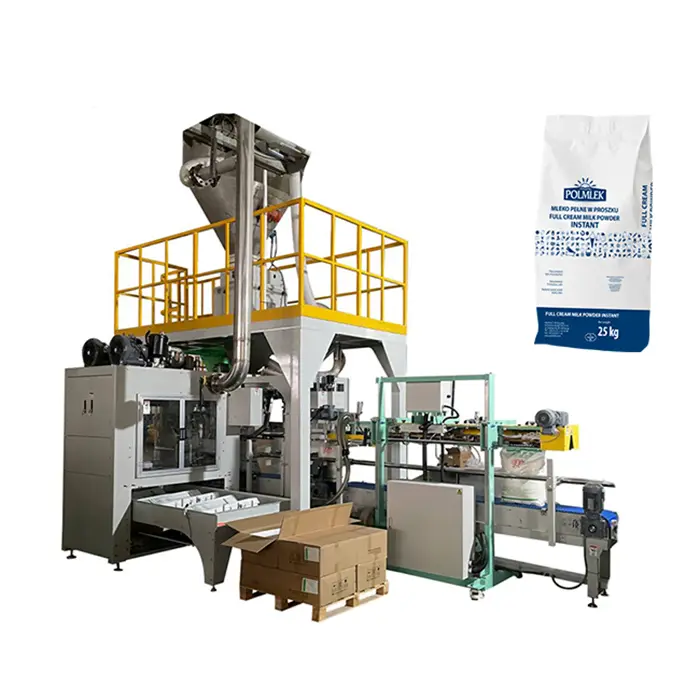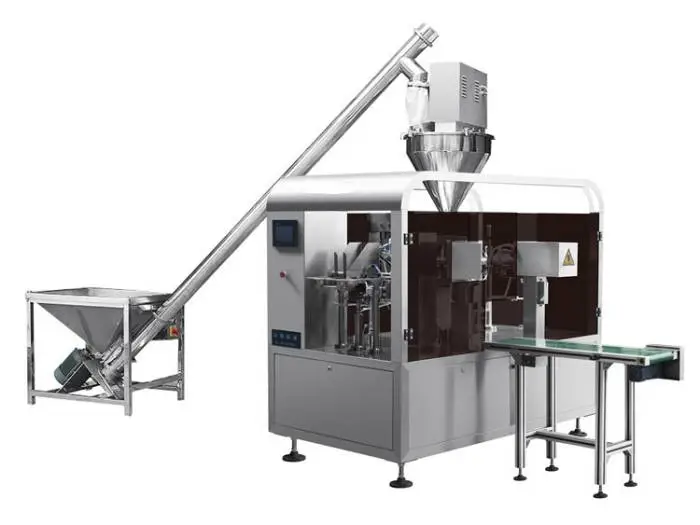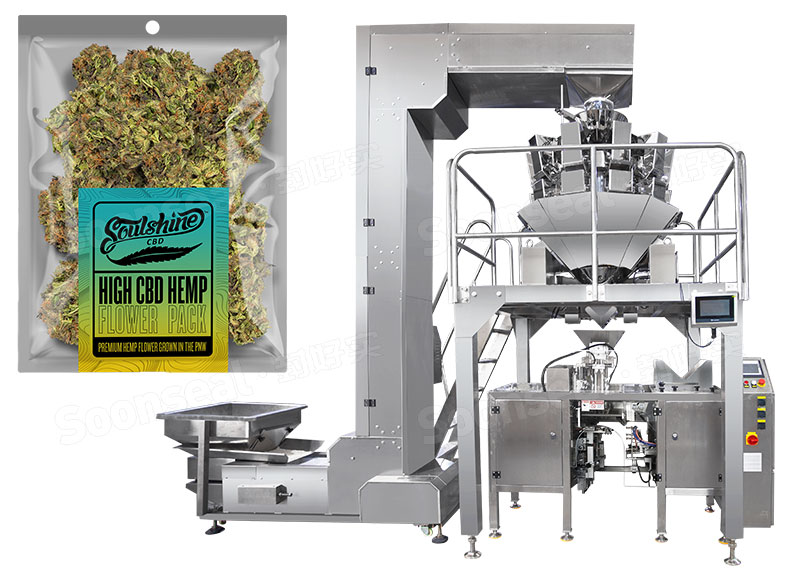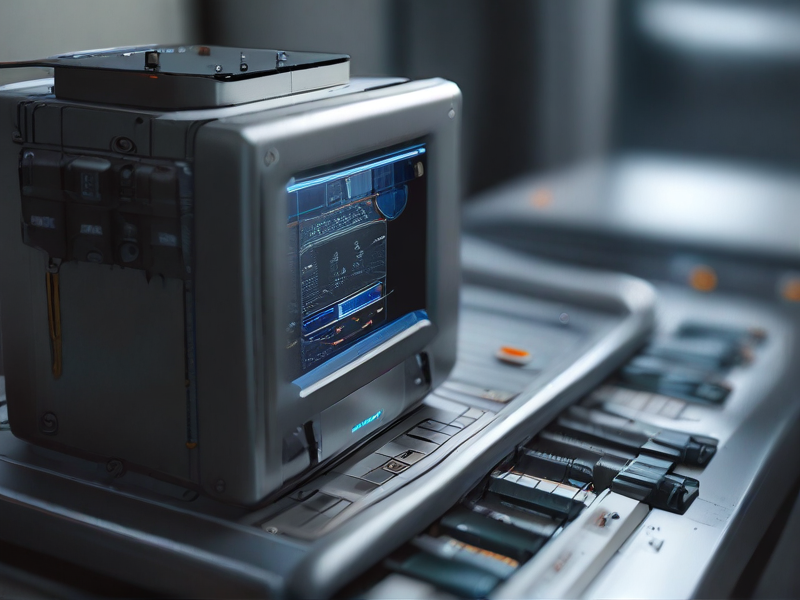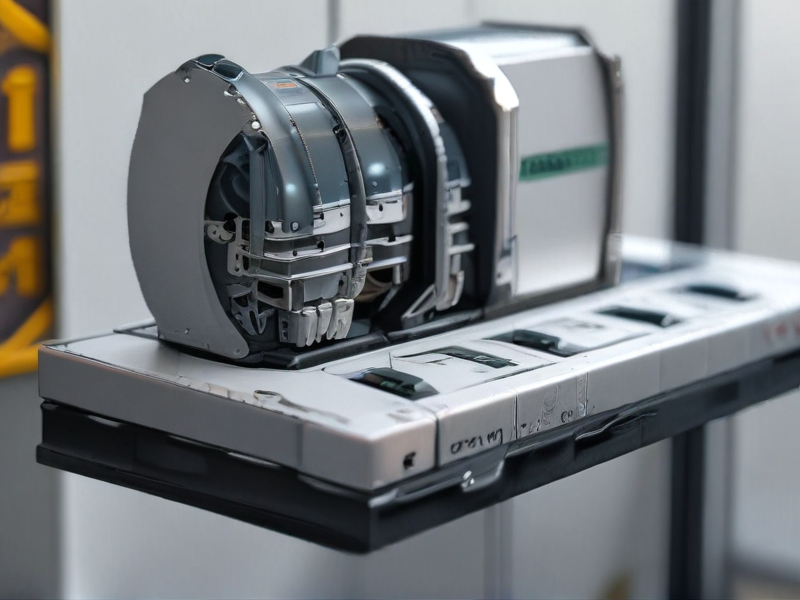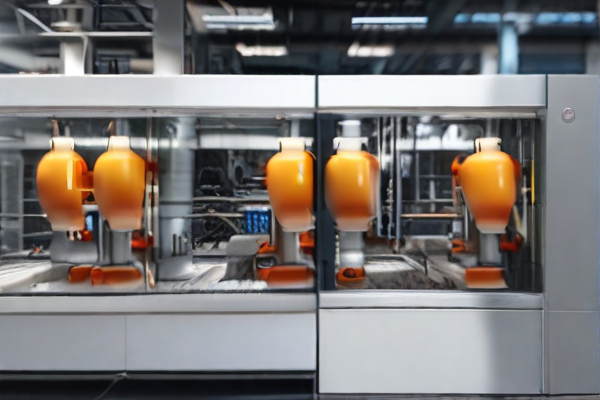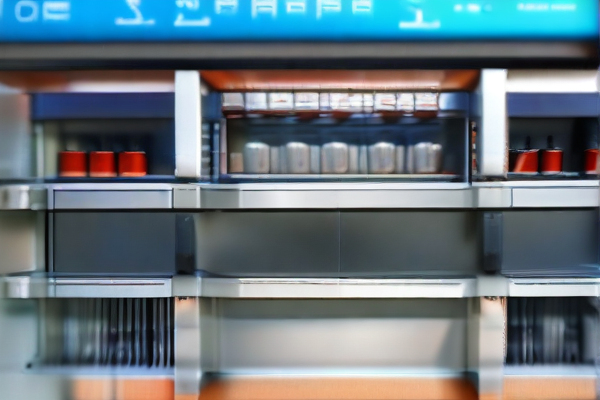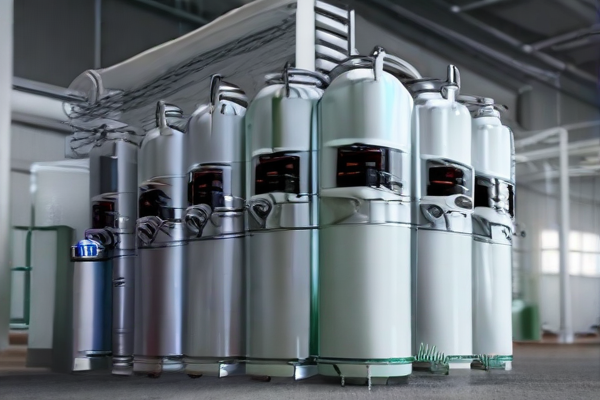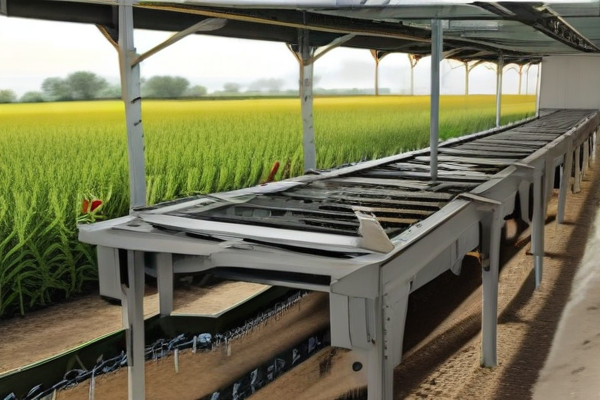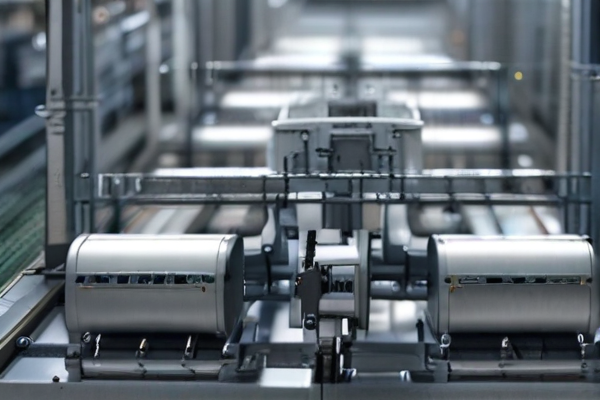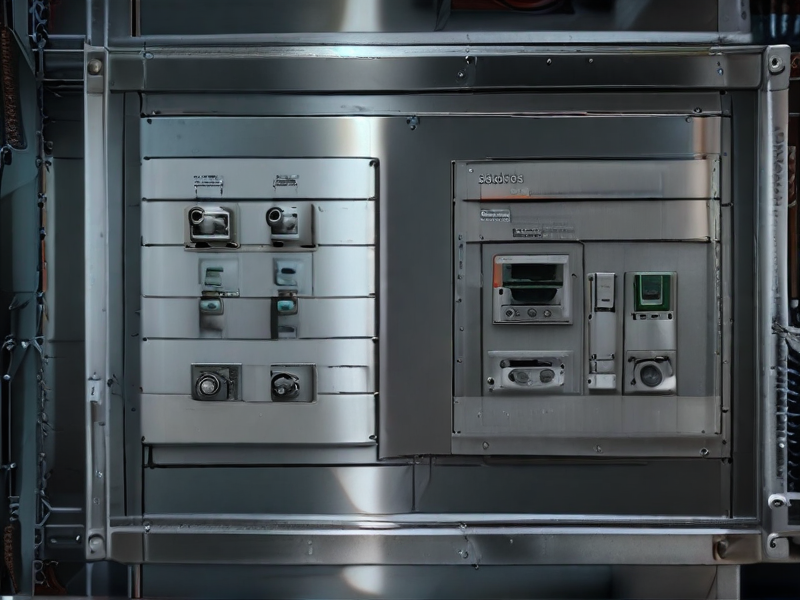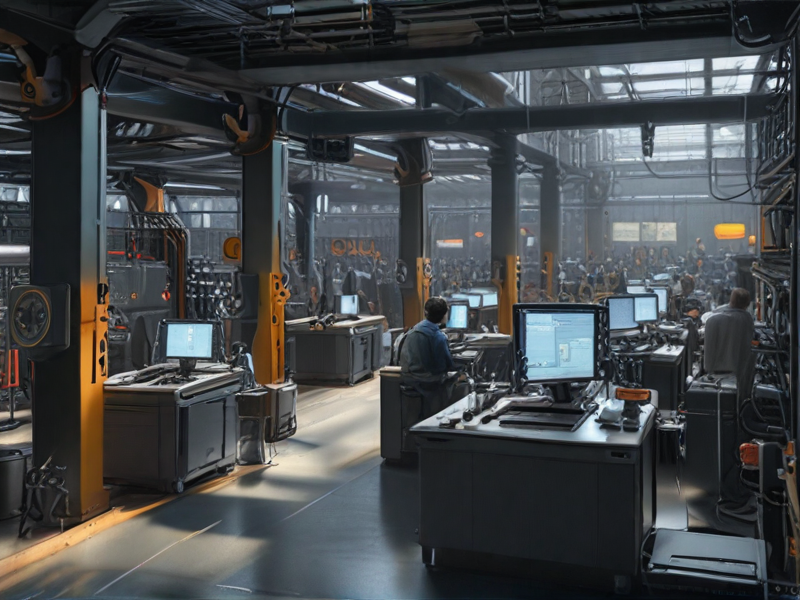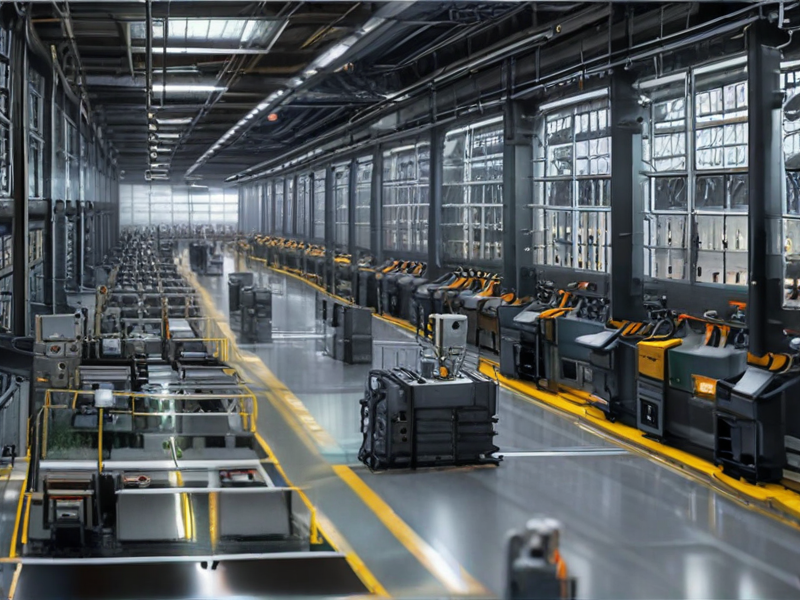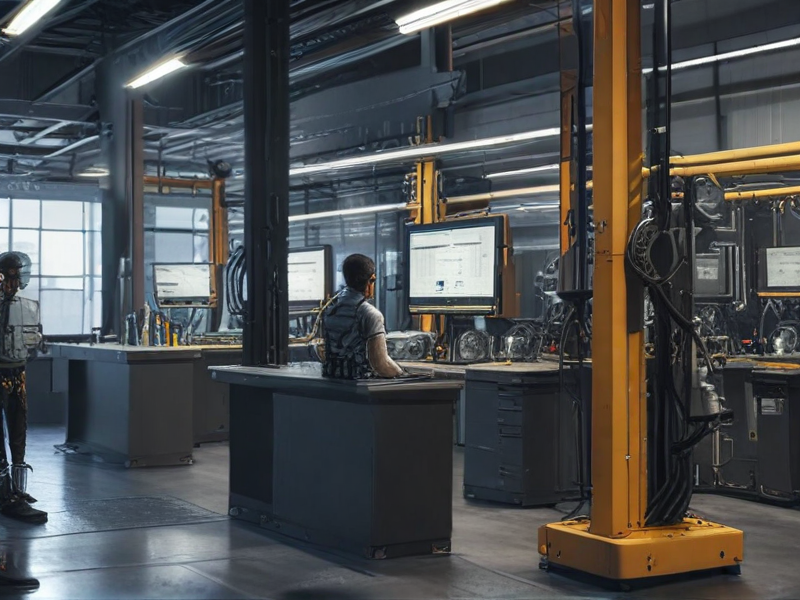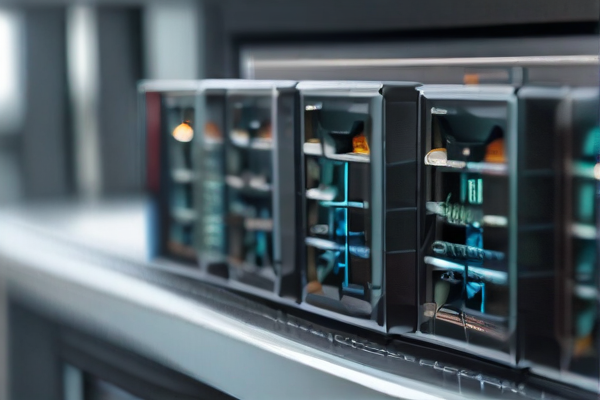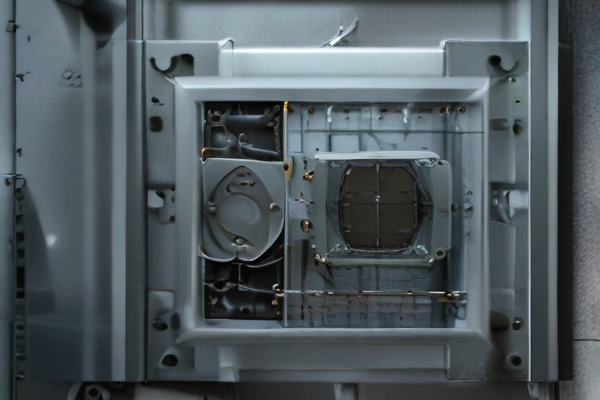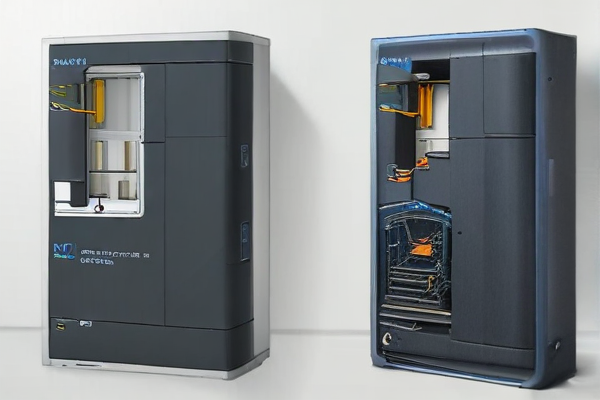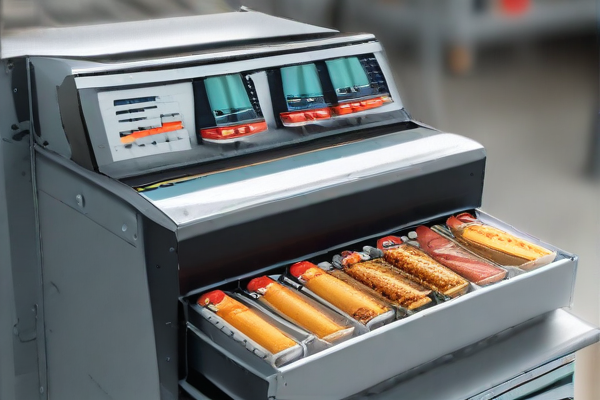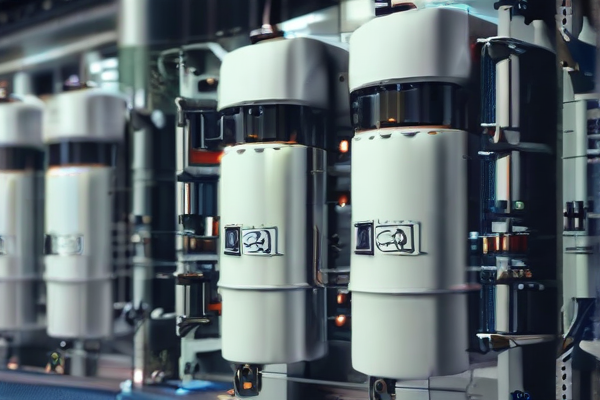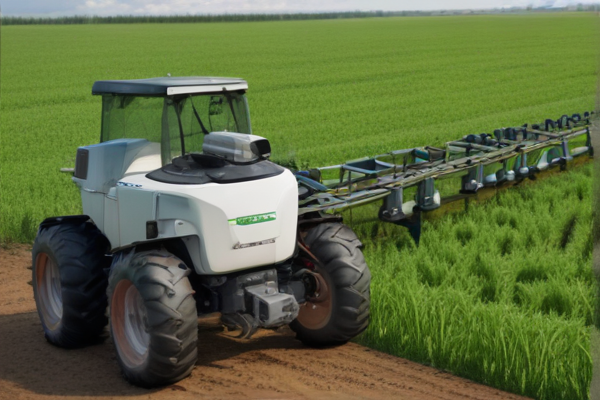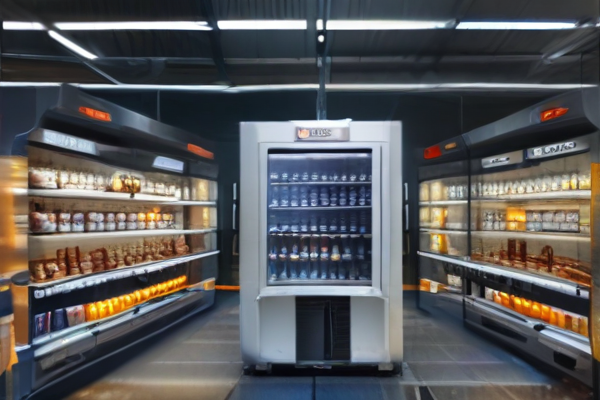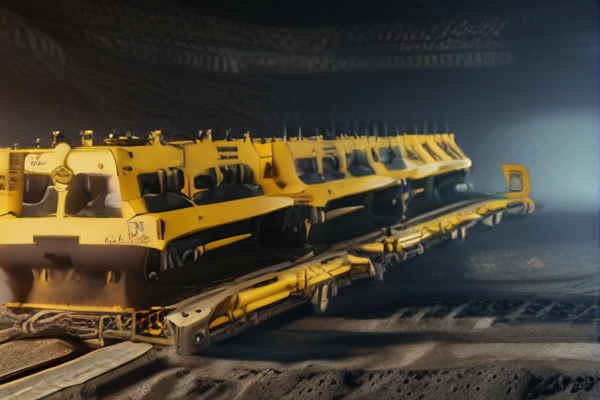Automated systems streamline various tasks across industries by minimizing human intervention. They can range from simple programmable devices to sophisticated AI-driven solutions, each offering unique capabilities tailored for different operational needs.
– Home Automation: Smart thermostats, lighting, security systems using IoT.
– Industrial Automation: Robotics, PLCs (Programmable Logic Controllers), distributed control systems.
– Business Process Automation: Accounting software, customer service chatbots, HR systems.
– Healthcare Automation: Automated diagnostic tools, robotic surgery systems, patient monitoring.
– Retail Automation: Self-checkout kiosks, inventory management systems, personalized marketing.
– Transportation Automation: Autonomous vehicles, smart traffic management, drone delivery systems.
– Agricultural Automation: Automated irrigation systems, drone crop monitoring, robotic harvesters.
– Energy Management: Smart grid technology, automated energy distribution, predictive maintenance.
– Building Automation: HVAC systems, security, lighting based on occupancy.
– Telecommunications: Network monitoring, automated support systems, traffic management.
– Financial Services Automation: Robotic Process Automation (RPA) for transactions, fraud detection systems.
– Manufacturing: CNC machines, assembly line robots, quality control systems.
– Educational Technology Automation: Automated grading systems, online course management, personalized learning algorithms.
– Travel and Tourism: Online booking systems, virtual customer service agents, automated itinerary planning.
– Logistics and Supply Chain: Warehouse robots, automated sorting systems, real-time tracking.
Each type improves efficiency, reduces error rates, and enhances service delivery, propelling industries towards greater innovation and productivity.

